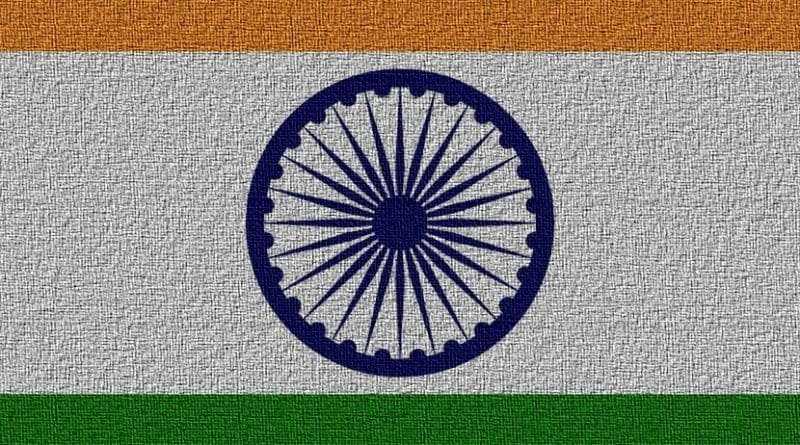India Approves Anti-Terror Database
By VOA
India’s Cabinet Committee on Security on Monday approved the creation of a long-awaited electronic anti-terror database.
The committee, chaired by Prime Minister Manmohan Singh, agreed “in principle” to create the National Intelligence Grid that will merge separate databases into one massive shared resource of information, including travel records, tax returns, credit card purchases, and immigration permits.
Eleven of India’s security-related agencies will have access to the database, known in India as “Natgrid,” to look for suspicious patterns. Supporters of the project say the database will be crucial in protecting India from terror attacks like the 2008 siege of Mumbai, in which 166 people lost their lives.
Although Monday’s approval is an important step toward implementing the Natgrid project, some counterterrorism experts say its actual execution is far into the future because of India’s slow bureaucracy.
The Natgrid project is to be part of the National Counterterrorism Center — an organization also yet to be formed. The center is to be modeled partially on the U.S. Department of Homeland Security, which coordinates and supervises the work of several existing government agencies.
The push for a national electronic database gained urgency after the Mumbai attacks. Many Indians believe that it would have been much more difficult, if not impossible, to execute the siege so effectively if such a database had been in place.
While electronic databases are common in the United States and other countries, India’s electronic law-enforcement infrastructure is very limited. Most police stations across the country still keep paper copies of records and there is no real mechanism for different districts to share key information.

